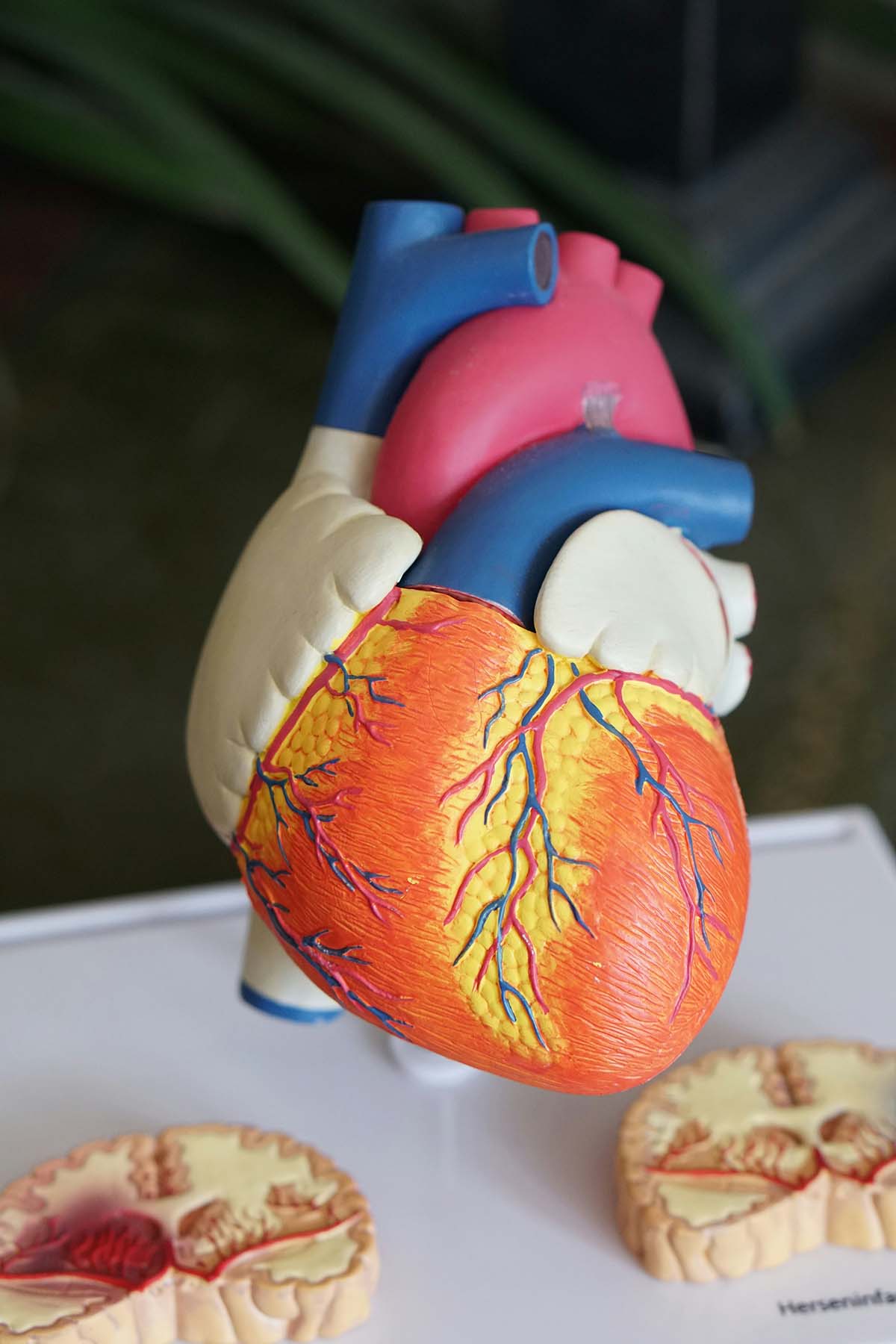
Self Screening Tips
Self-screening for various health indicators can be a proactive approach to maintaining well-being. While self-screening is not a substitute for professional medical advice, it can help individuals monitor their health and identify potential issues early on. Here are some general health self-screening tips:
Skin Checks
Perform regular skin self-exams to check for any unusual moles, spots, or changes in your skin. Report any concerning findings to a dermatologist.
Blood Pressure
egularly measure your blood pressure using a home blood pressure monitor. Elevated blood pressure is a risk factor for cardiovascular problems.
Oral Health
Pay attention to your oral health by checking for any changes in your gums, teeth, or tongue. Practice good oral hygiene, including regular brushing and flossing.
Breast and Testicular Self-Exams
Perform regular breast self-exams for any changes, lumps, or abnormalities. Men should conduct testicular self-exams regularly.
Vision and Hearing
Monitor your vision and hearing by paying attention to any changes. If you notice difficulties, schedule an appointment with an eye doctor or audiologist.
Bowel Health
Be aware of changes in bowel habits, such as blood in the stool, persistent constipation, or diarrhoea. Discuss any concerns with a healthcare professional.
Mental Health Check
Regularly assess your mental well-being. Take note of changes in mood, sleep patterns, or energy levels. Seek professional help if you experience persistent mental health concerns.


Cholesterol Levels
Know your cholesterol levels by scheduling regular blood tests. High cholesterol is a risk factor for heart disease.
Blood Sugar Levels
Monitor your blood sugar levels if you are at risk for diabetes or have a family history of the condition.
Joint Health
Pay attention to any persistent joint pain or stiffness. Regular exercise, a balanced diet, and maintaining a healthy weight can support joint health.
Respiratory Health
Assess your respiratory health by monitoring any changes in breathing patterns or persistent coughing. Seek medical advice for respiratory concerns.
Sleep Quality
Evaluate your sleep patterns and quality. Poor sleep can impact overall health. Establish a regular sleep routine and address any sleep disturbances.
General Well-being
Be mindful of changes in energy levels, appetite, and overall well-being. Note any unexplained weight loss or gain.
Women’s Health
For women, track menstrual cycles and be aware of any changes in menstrual patterns or reproductive health.
Remember, these self-screening tips are not a substitute for professional medical advice. Regular check-ups with healthcare professionals, including screenings and tests as recommended, are crucial for maintaining overall health. If you notice any persistent or concerning symptoms, consult with a healthcare provider promptly.
